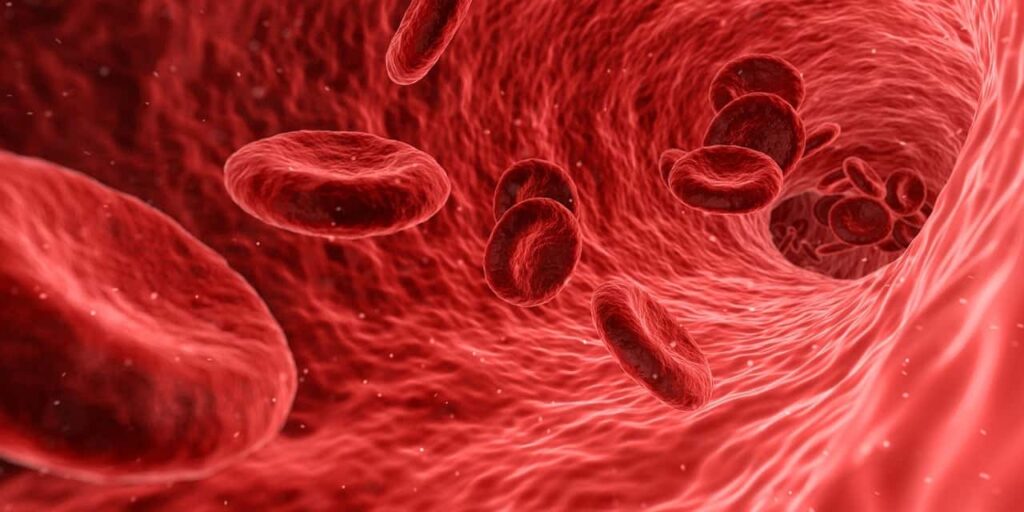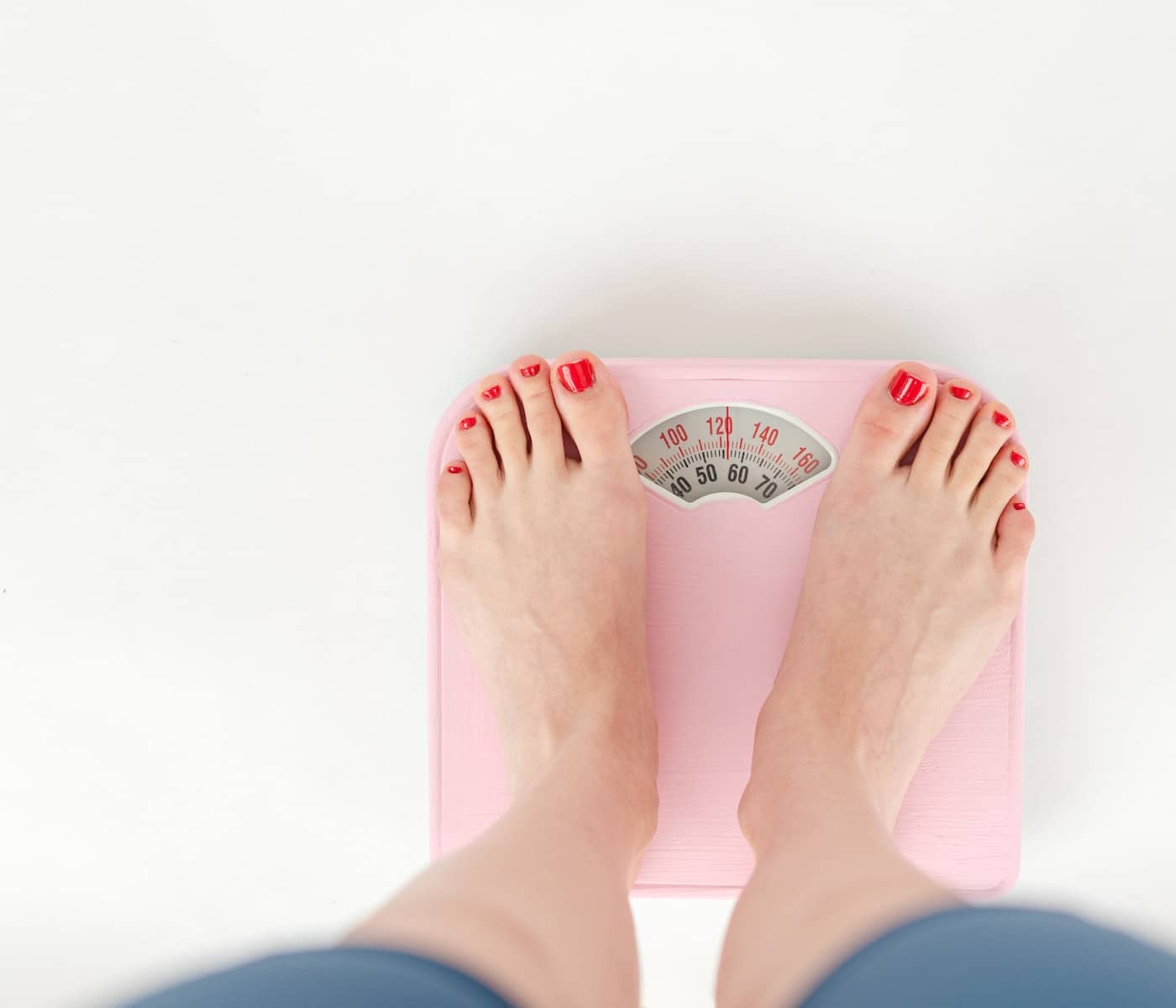10 Natural Ways to Increase Red Blood Cells: Ignite Your Inner Energy
Admin
- 0

Contents
ToggleHow to Increase Red Blood Cells Naturally:
Having enough healthy red blood cells is really important for our well-being because these cells carry oxygen all over our bodies. If you want to know how to increase your red blood cells naturally, you’re in the right spot. In this article, we’ll talk about some easy and helpful strategies that can make your blood healthier. By doing these things every day, you can help your body make more red blood cells, deliver oxygen better, and have a healthier body overall. Here are 10 easy ways you can increase your red blood cells naturally.
1. Consume Iron-Rich Foods
Iron is an essential mineral for red blood cell production. Include iron-rich foods like spinach, lentils, tofu, pumpkin seeds, and lean meats in your diet. These foods provide a readily absorbable form of iron, known as heme iron, which can significantly boost your red blood cell count. If you follow a vegetarian or vegan diet, consider incorporating plant-based sources of iron like fortified cereals, beans, and dark leafy greens into your meals.
2. Embrace Vitamin C
Vitamin C aids in iron absorption and utilization, making it a valuable nutrient for increasing red blood cells. Add citrus fruits, strawberries, kiwi, bell peppers, and broccoli to your diet to boost your vitamin C intake. You can also consider taking a vitamin C supplement, but it’s best to consult with a healthcare professional before starting any supplementation regimen.
3. Vitamin B12
Vitamin B12 is essential for red blood cell formation and function. Animal products such as meat, fish, eggs, and dairy are rich sources of vitamin B12. If you’re following a vegan or vegetarian diet, you may need to consider fortified plant-based milk, breakfast cereals, or B12 supplements to meet your needs.
4. Include Folate-Rich Foods
Folate, also known as vitamin B9, is a nutrient that our bodies need to make red blood cells. Incorporate foods like leafy greens, asparagus, broccoli, citrus fruits, and legumes into your meals to boost your folate levels. If needed, your healthcare provider may recommend a folate supplement, especially for pregnant women or those with certain medical conditions.
Also Read: 10 Foods that reduce cholesterol level
5. Optimize Copper Intake
Copper is involved in red blood cell synthesis. Ensure you’re getting enough copper by consuming foods such as organ meats, shellfish, nuts, seeds, and dark chocolate. However, moderation is key, as excessive copper intake can be harmful.
6. Stay Hydrated
Drinking an adequate amount of water throughout the day is essential for maintaining proper blood volume and circulation. Aim to drink at least eight glasses of water daily and increase your intake during periods of physical activity or in hot weather. Staying hydrated helps prevent blood from becoming too concentrated, allowing red blood cells to flow freely and efficiently carry oxygen.
7. Engage in Regular Exercise
Regular exercise stimulates the production of red blood cells, promoting their growth and improving overall blood health. Engage in activities like walking, jogging, cycling, swimming, or any form of aerobic exercise that gets your heart rate up. Try to exercise for at least 30 minutes at a medium level of effort on most days of the week.
8. Quality of Sleep
Getting enough quality sleep is essential for your body’s overall functioning, including red blood cell production. Aim for 7-9 hours of uninterrupted sleep each night to support optimal blood health. Establish a relaxing bedtime routine, create a comfortable sleep environment, and limit electronic device use before bed to enhance your sleep quality.
9. Manage Stress Levels
Feeling stressed for a long time can make it harder for your body to make enough blood cells and can affect your overall health. It’s important to find healthy ways to deal with stress, like doing things that help you relax and feel happy. This can include activities like being mindful, taking deep breaths, doing yoga, or enjoying hobbies you love. Taking time to take care of yourself and relax helps your body create enough red blood cells.
Also Read: Healthy Eating Advantages
10. Seek Medical Advice
If you suspect low red blood cell levels or have persistent symptoms like fatigue, weakness, or pale skin, it’s essential to consult with a healthcare professional. They can assess your condition, perform any necessary tests, and provide personalized advice or treatment options to address any underlying issues.
FAQs
What is the function of a red blood cell?
Ans. Red blood cells carry oxygen from the lungs to all parts of the body and deliver carbon dioxide, a waste product, from the body back to the lungs. Their main job is to transport oxygen and remove carbon dioxide to keep our bodies working properly.
Is high red blood cells good?
Ans. Having too many red blood cells can sometimes be a problem. It can make the blood thicker and harder for it to flow through the body. This can lead to health issues. It’s important to have the right number of red blood cells for good health.
How can I increase my red blood cell count?
Ans. To increase your red blood cell count, you can focus on eating a balanced diet that includes foods rich in iron, vitamin B12, and folate. Foods like red meat, leafy greens, eggs, and legumes are helpful. Getting regular exercise and avoiding smoking can also support healthy red blood cell production. If needed, your doctor may recommend specific treatments or supplements.
Why RBC would be low?
Ans. A low red blood cell count can be caused by various factors. Some common reasons include anemia, which may result from nutritional deficiencies (like iron, vitamin B12, or folate), chronic diseases, bone marrow problems, or bleeding. Other factors can include certain medications, kidney disease, and genetic conditions.
What foods increase red cells?
Ans. Foods that can help increase red blood cells include those rich in iron, such as red meat, spinach, and beans. Foods containing vitamin B12, like eggs, poultry, and dairy products, are also beneficial. Additionally, consuming folate-rich foods like leafy greens, citrus fruits, and legumes can support red blood cell production.
What happens if your RBC is low?
Ans. When your red blood cell count is low, it can cause symptoms like feeling tired all the time, weakness, shortness of breath, pale skin, dizziness, and difficulty concentrating. It may indicate anemia or an underlying health issue.


